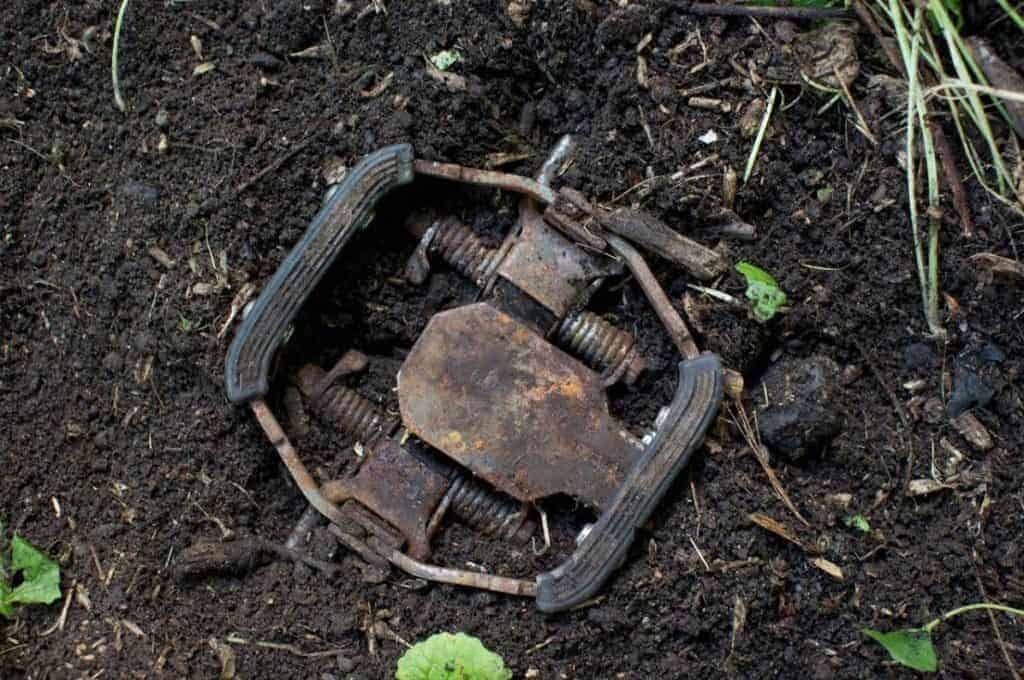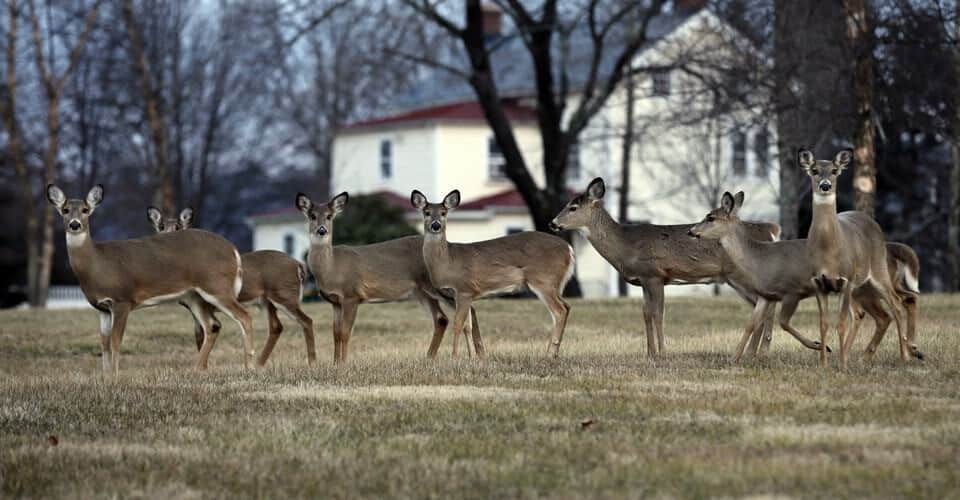If your dream job is to be a professional hunter, you have probably done some research and found out that they do not actually get paid to hunt. Instead, they use hunting as entertainment for the viewers and get paid by showing advertisements and partnering with sponsors. While these hunters do get to hunt and it is a way to make a living, there are a few ways to make money in the outdoors without getting a huge audience and securing sponsors.
Cashing in Animal Bounties
A number of states like Utah, South Dakota, and West Virginia have placed bounties on animals that cause damage to local property and ecosystems. Because of these bounties, you can get paid anywhere between $5 and $75 for biological evidence of a kill. A few of these animals include feral hogs, coyotes, raccoons, skunks, opossums, foxes, and badgers.
Not every state has animal bounties though, and in the states that need them, there have been problems with confirmed kills. In a few states, you are required to bring in a hog tail as proof of death. However, due to some bad apples, this did not work as well as it was planned to. Instead, there were bob-tailed hogs running around still and reproducing, so those bad hunters could catch the offspring and also turn in their tails.
We also run into the problem of hunters crossing state lines with kills. There have been many instances of hunters being caught for shooting coyotes in one state and cashing in the bounty a state over. Because of this and situations concerning confirmed kills, most states shy away from bounty programs. However, a few states still have them and they are definitely worth checking out at your local DNR.
For an example of how these animal bounties work, check out this interview of how the Utah coyote program has effected mule deer populations,
Being a Professional Trapper
Being a trapper nowadays is much harder than it used to be. In recent years, fur prices have fallen immensely, so now trapping is hard to do as a full-time job if you are working for yourself. According to Trapping Today, a trapper that does well for himself selling furs will gross close to $13,000 a year before expenses and taxes. Considering how much work it is to be a trapper, the reward is not quite worth a full-time job. It could be a nice hobby and give people who already hunt a way to make a few extra dollars.
However, there are more ways to make money trapping. The United States Department of Agriculture (USDA) employs trappers all over the country for around $15/ hr which comes out to about $30,000/ year. They do not put out a lot of information about their job description and the jobs can be hard to come by, but at least this way you can trap and not have to 100% rely on selling a pelt.
The trapping industry is also a touchy subject for many animal rights groups. Like regular hunting, there are plenty of rules and regulations on how and when you can trap and in today’s society, those rules and regulations are getting tighter and activist groups are getting louder. Hopefully, the lawmen will leave trapping alone and let American trappers do what they love. Considering those reasons, I would not start trapping as my only source of income anytime soon.

Being a Hunting Guide
Becoming a hunting guide is a popular way of making money in the outdoors. It definitely takes work and you do not get to actually pull a trigger but you are the head of the hunt from start to finish. It is the responsibility of a guide to scout out game and lead the customer on a successful hunt. To do this, they have to plan out the entire hunt in an organized way and prepare the hunter with adequate equipment. It is absolutely necessary for a guide to put in the fieldwork to know the hunting land in and out and be very familiar with the area. Without this first-hand knowledge, the guide may struggle to constantly lead their customers to a harvest. Guides are also responsible for planning out meals and possibly cooking for the customers.
RELATED POST: CAN HUNTING BE A JOB?
Many guides work for large outfitters and take paying customers on hunting expeditions that can be anywhere from an afternoon to several weeks long. Not only do you get total immersion in the hunt, but you also make a decent living being a guide as well. Newer guides can expect $1000- $1500 per month, but experienced guides can expect around $2000-$3000 a month. This does not include living expenses such as food, or room and board, but most of the time these expenses are paid by the outfitter. Although you will make these wages only during hunting season and not year-round, so most guides have another income source in the offseason.
Every state has differing requirements to become a hunting guide. Some require you to go to hunting guide school which is about 4-5 weeks and costs a few thousand dollars. You also may or may not be required to have one or more licenses to be a guide. You are required to have a license in most states as well as a few states that require you to be a member of certain associations. So your first step to becoming a wilderness hunting guide is to contact your local wildlife agency and find out what the exact requirements are for your state.

If you are really interested in becoming a hunting guide, check out Outdoor Life’s post “So You Wanna Be a Guide?”
Pest Extermination
When I talk about pest extermination, I’m not talking about roaches or rats. I’m talking about nuisance deer or other large game. In many urban or semi-urban areas, there are many larger mammals living in people’s backyards and many of those residents do not want them there. So what do they do? They hire a hunter…you! There are plenty of guys that go into urban areas and bag a couple of nuisance deer and get paid to do it. While this may not be enough money to make a full-time living, it is definitely some good beer money.
There are also many companies that perform this service as well. In the western half of the United States, many companies are built around wild hog removal. As we all know hogs are a nuisance to landowners and cause thousands of dollars in damages to farms, so landowners do not mind paying an individual or company to come out and eradicate the problem.
This particular type of “hustle” is only limited to your imagination. There are hundreds of thousands of people that need this service in one way or another, the only way to fill up your schedule is to get out and talk to the community and offer your help.
Conclusion
So, as it turns out, there are plenty of ways to make money in the woods without becoming a YouTuber or selling advertisements. You could become a trapper in your area and sell pelts for some extra cash, or you could do it professionally for the state. You can also work to remove unwanted animals from urban areas or farmlands. The most common favorite of many hunters wanting to get paid to use their talents is becoming a hunting guide. As a guide, you get to control and plan out the entire hunt, even though you do not get to pull a trigger. Although many of these jobs do not make a large amount of money, they are very fun and they pay you to do what you love.
Thanks for reading my article about how to make money hunting. I hope you enjoyed it and learned something you didn’t already know. If you like my content, subscribe to my weekly update. If you have any other questions about how to make money hunting or just want to connect, feel free to email me at Patrick.Long@omegaoutdoors.net.
Sister Post
If you want to know more about how to turn hunting into a job, check out my other post on the topic “Can Hunting Be a Job?“. Here I dive into what it takes to be a TV hunter and give some examples of other fascinating jobs in the outdoor industry.
Sample of “Can Hunting Be a Job?”
The outdoor industry is broad but you could find careers related to hunting, fishing, conservation, videography, marketing, and biology. The opportunities are endless and the only limitation is… Keep Reading
The TV Hunter
If you think about some of the “celebrity” tv show hunters and how their business plan is actually laid out, they make their money from…Keep Reading

